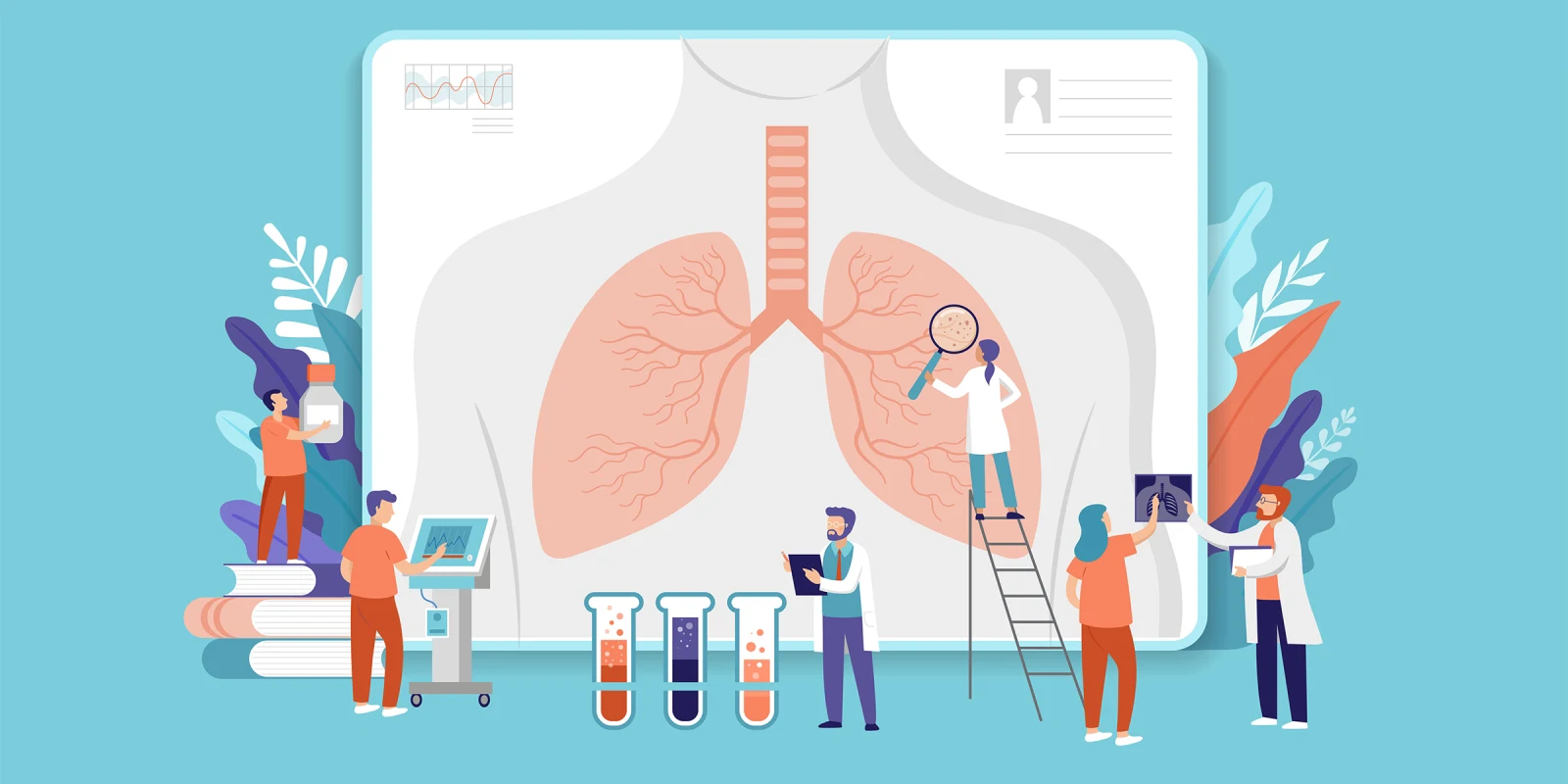This year’s American Academy of Asthma Allergy and Immunology, AAAAI 2022, was celebrated in Phoenix and was a great success. The conference was a hybrid meeting. Attendees were both in-person and remote, with multiple options for in-person participation and remote pre-recorded sessions. The main topic was “Difficult to Treat Asthma,” a critical problem for all allergists and immunologists that we encounter every day in our clinics. Among multiple conferences that addressed this challenge, that covered understanding the pathogenesis of asthma, genetics, immune molecular and cellular mechanism, adherence to treatment monitoring with the aid of new technology, biologic drugs old and new, a novel symposium can be highlighted.
Asthma is a multifactorial disease, where genetic, gender, ethnicity, poverty, environmental factors, diet, allergens, and air pollutants interplay to induce asthma. There is increasing evidence, accumulated over the past three decades, that psychological stress is an independent risk factor for asthma development in early childhood. This stress can be an aggravating factor that may contribute to difficult-to-treat asthma. It is well known how stress modifies the impact of chemical and physical exposures. These differential exposures contribute to disparities, as is the case of the underserved population and patients of Hispanic and Black communities. This symposium addressed the role of prenatal stress in the immunologic programming of childhood asthma. Provided evidence of how chronic environmental stress contributes to racial and socioeconomic disparities in asthma morbidity and finally shared the potential strategies to mitigate the effects of stress on clinical outcomes in children and adults.
Dr. Rosalind J. Wright MD, MPH, at Icahn School of Medicine at Mount Sinai, NY, covered “Mechanism underlying Prenatal Stress and Early Programming of Childhood Asthma.” Precisely contributing to answering the question stated in her conference, “How does stress get under the skin to influence respiratory health?” She offered a wealth of data on the neuro-endocrine pathways implicated in mediating the impact of psychological stress in asthma pathogenesis. Some of the biomarkers of psychological stress and activation of the hypothalamic-pituitary-adrenal (HPA) axis are measured by salivary and hair cortisol levels as objective measures of stress in children and mothers. In addition to cortisol, it’s known that telomere length is a measure of cumulative oxidative stress and inflammation, both parameters exacerbated by chronic stress. Dr. Wright reports, through several of her works, that stress felt by the mother during pregnancy, and early adversity at birth through six months of age, will predict wheeze by two years of age. This is correlated with blunting of cortisol physiological slope in these children and affects differentially boys than girls. She also shows how these factors may be mitigated by intervening pregnant mothers and children early in life balancing risk/resilience factors during pregnancy and early in life may have a profound impact on asthma outcomes and health in general.
Dr. Bridgette L. Jones, MD, MSc, from Children’s Mercy and University of Missouri Kansas City School of Medicine, spoke about the impact of social and environmental stress as a contributor to asthma-related health disparities. She showed that chronic and toxic stress and adverse childhood experiences disproportionately impact minority communities in the U.S. One of the primary stressors described among Black communities in the U.S. includes interpersonal and structural racism. She describes research that shows that experiencing stress from racism leads to poorer asthma control in pre-school-age children. Perceived discrimination among patients of color may also alter drug response. The biological changes related to experiencing stress, including the stressor of racism, may be mediated by the HPA axis, hormonal, and epigenetic changes. Dr. Jones also described the impact of structural racism in the U.S. as communities of color are disproportionately impacted by blighted neighborhoods due to historical red-lining practices, more severe impact of climate change, and experiencing violence. Advocacy and policy-driven changes are needed to mitigate the disproportionate impact of chronic and toxic stress on communities of color in the U.S.
Dr. Hemant Sharma MD, MHS, from the National Children’s Hospital in the District of Columbia, spoke about strategies to mitigate the impact of stress in asthma outcomes. He showed how parental stress management, yoga, and breathing exercises seem to aid in mitigating the severity of psychological stress and affect some asthma outcomes. However, more research is needed to develop specific interventions to make them more efficient. More studies are necessary for psychological resilience-building interventions for children with low socioeconomic status, but the data are encouraging.
Should we, as allergists and immunologists, take psychosocial factors into account when treating asthma? Based on all the evidence presented in this symposium and those found in the literature, I would provide an affirmative response. We need to approach our patients with multidisciplinary teams to address the complexities of psychological stress and social disparities from pregnancy throughout childhood and beyond. This could be a game-changer in terms of the management of difficult-to-treat asthma.
Dr. Lara-Marquez is the Chair of the Integrative Medicine Committee of the AAAAI, a volunteer position. Her views are her own.
Image by ma_rish / GettyImages







